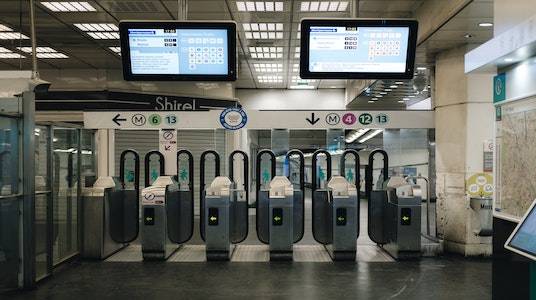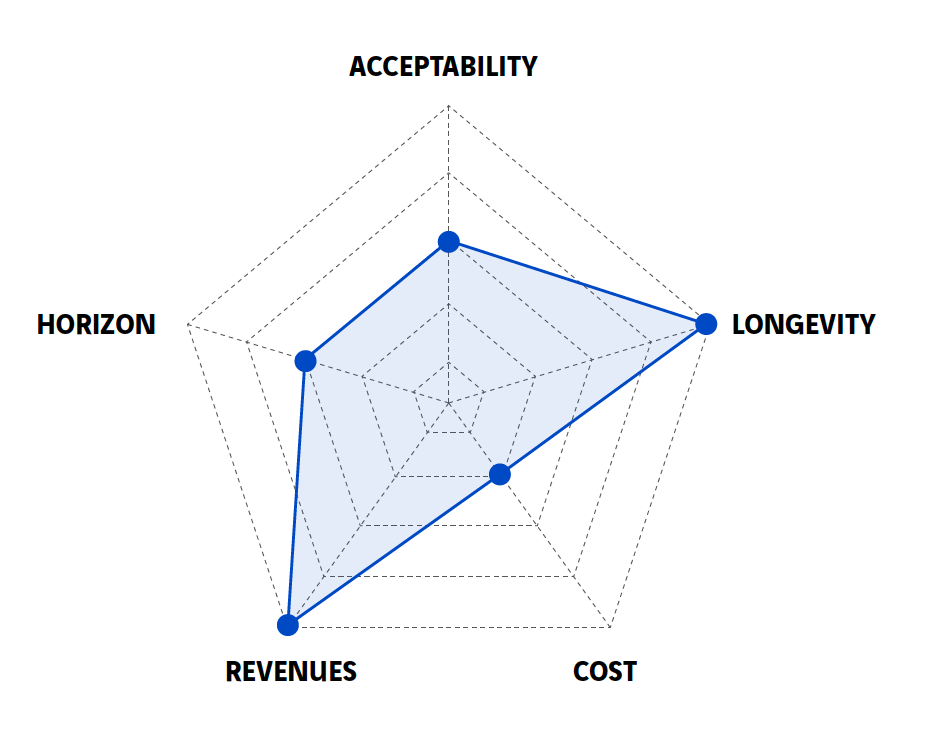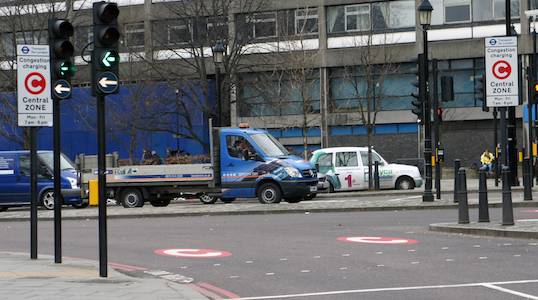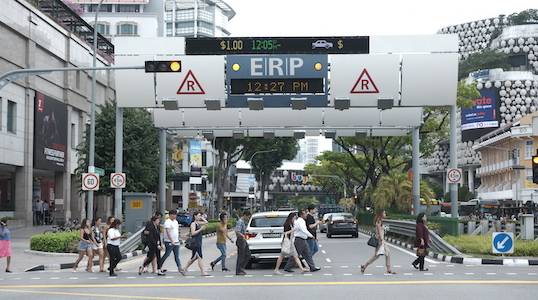


Public transportation passes and the limits of influencing flows

From the 1970s, mobility authorities started to offer weekly, monthly and annual travel passes. These passes gave their holders unlimited access to the entire public transport network for a single price generally dependent on a geographical criterion (zones). The pass is very convenient for regular public transportation users: it facilitates the use of public transportation by creating a single ticketing system while each mode required a specific ticket before. The pass therefore enables users to make savings on the cost of their travel. For the operator, this new pricing system has its benefits: it brings about greater revenue predictability, as income is no longer dependent solely on the potentially volatile sale of single tickets. The pass guarantees a revenue over a given period, regardless of whether the holder uses the transportation network.
Learn more / Download
What scale of implementation?
- Local
Who pays?
- Taxpayer
What secondary benefits for the community?
- Traffic jam mitigation / Ridership decrease
Other solutions to discover:

Public space taxation: leveraging stock to fund flows

City tolls, an opportunity to fund mobility

Singapore and the issurance of a quota of licences to finance mobility
La Fabrique de la Cité
La Fabrique de la Cité is a think tank dedicated to urban foresight, created by the VINCI group, its sponsor, in 2010. La Fabrique de la Cité acts as a forum where urban stakeholders, whether French or international, collaborate to bring forth new ways of building and rebuilding cities.














